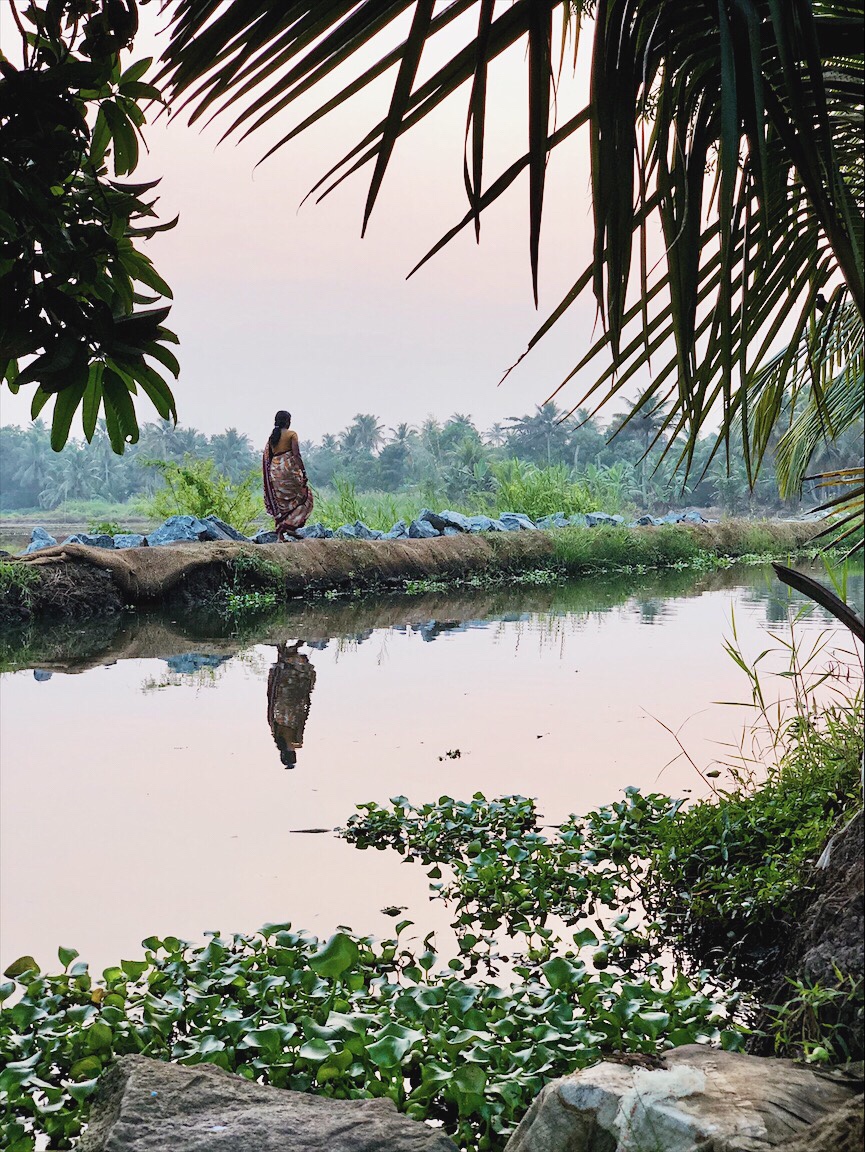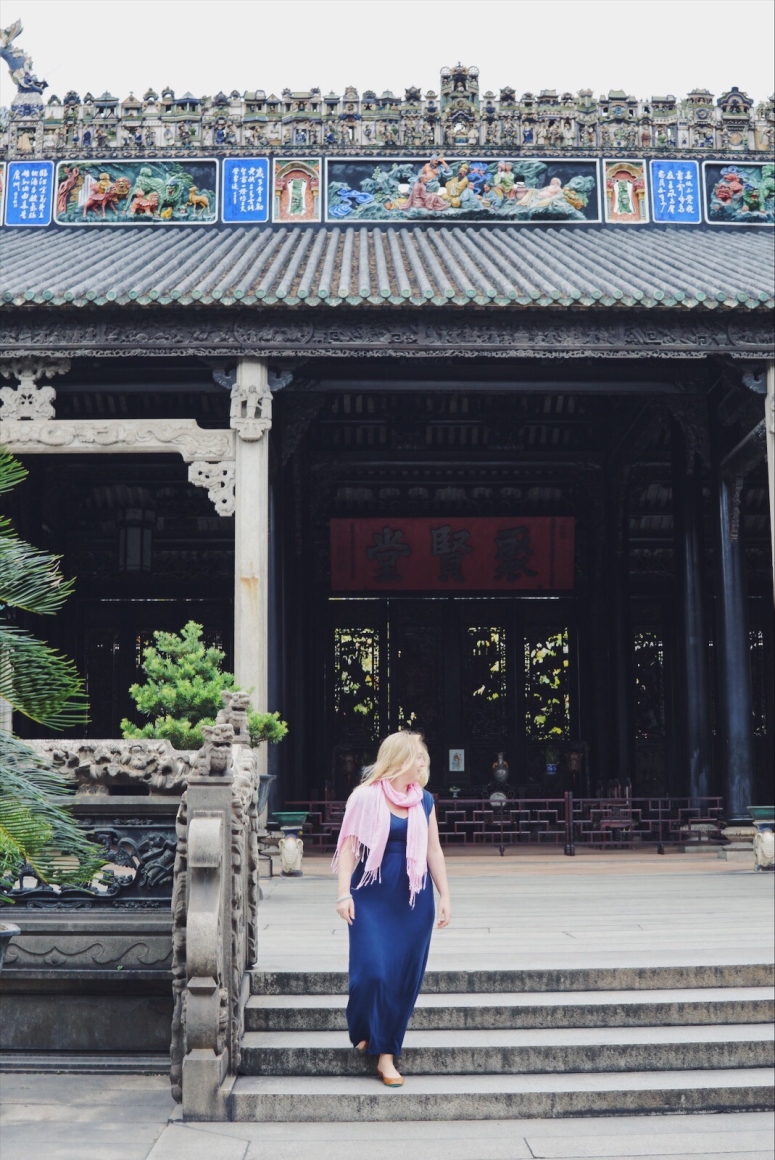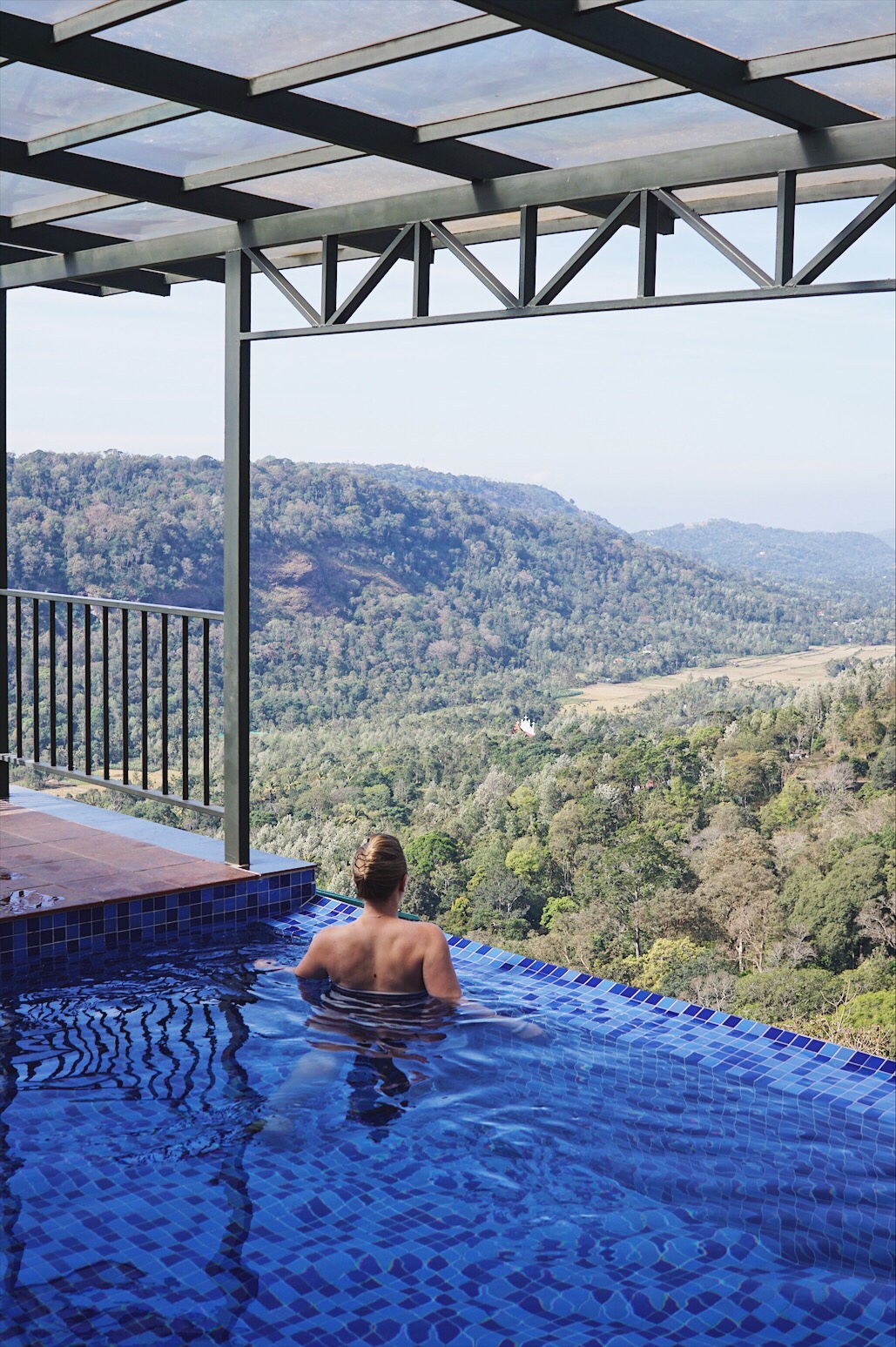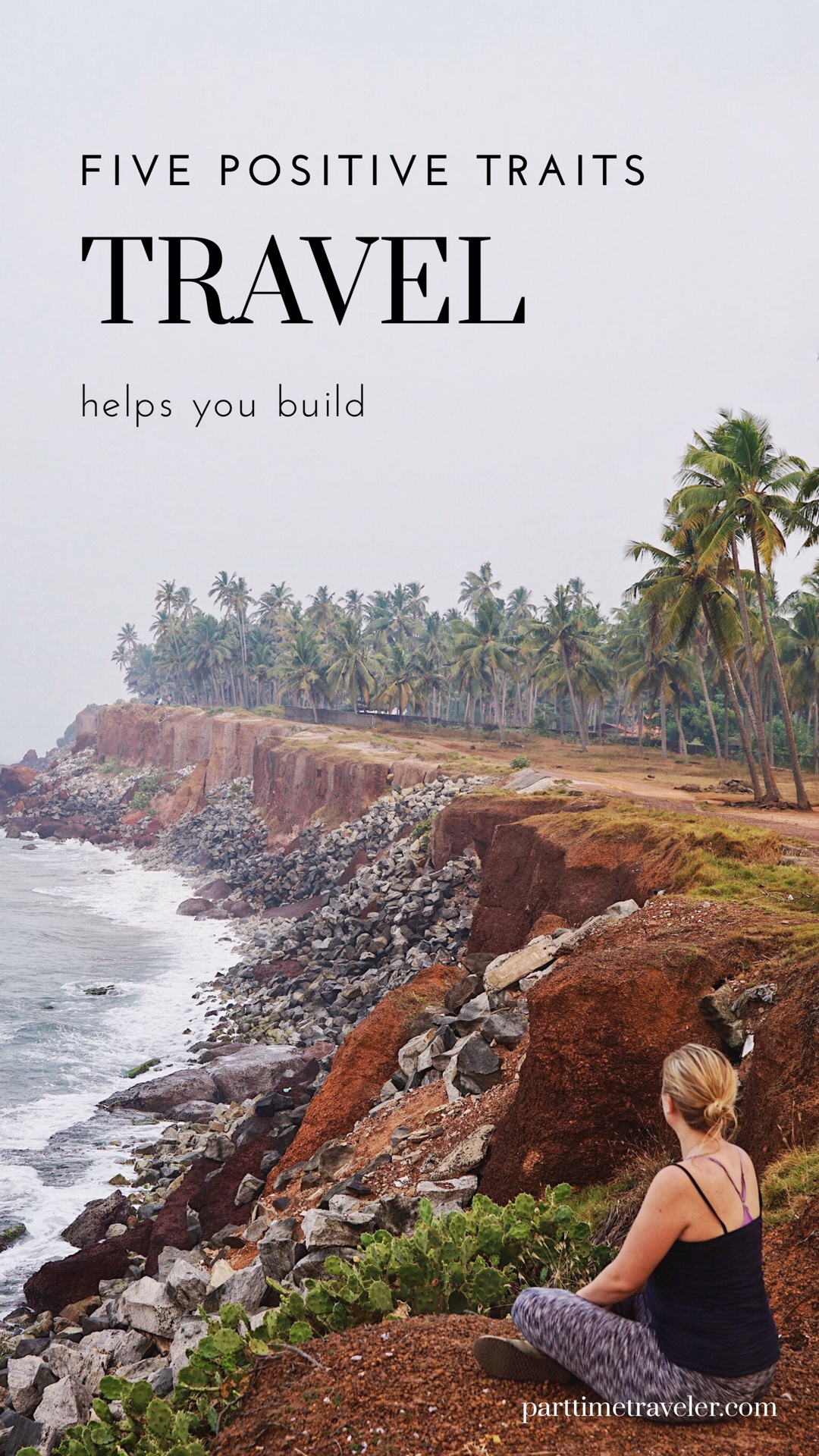It took more than a decade of hopping flights, living on two foreign continents, and dedicating the better part of my twenties to trips abroad to realize that travel is one of the best tools for personal development.
If travel can be made a priority in your life — dedicating your time, money, and resources to it instead of making other choices — the rewards will be far greater than just the frequent flier miles you acquire or bar stories you can tell. Along with your well-worn passport pages, you’ll gain invaluable experience that will teach you profound lessons about the world and about yourself.
Every person takes away different perspectives from even the same trip. Each destination is ever-evolving, we each bring a unique set of life experiences to it, and no two days in a place are the same. So while we associate certain things with specific places — you may have a spiritual experience when visiting India, or a culinary one when visiting France, for example — we can really never know what to expect to receive from our travels. Still, after decades of trips it’s hard not to look back and see some consistent themes emerge.
The ways in which traveling enriches our character are immeasurable. It is my hope that these side effects, the growth that happens alongside the joys and challenges of traveling, give you one more reason to get going and hit the road.
Here are some of the positive traits that we gain as we travel for personal development.
1. Learning to be happy with less.
Whether it’s learning through living with only what you can carry in your suitcase or backpack…or by seeing the happy lives of others who live with so much less than we do, seeing the world inevitably has this effect of feeling content with less. I think this is an especially dramatic shift for Americans. I speak for myself when I share that stepping out of an automatic/consumer way of thought in other countries allowed me to at least view what I own and how I purchase things from a different perspective.
This change is not a superior lens of detachment or rejection of buying things. It might be as simple as recognizing that you can be conscious of what is in your life and why. You may begin to place more value on resources that are easy to take for granted, such as clean drinking water, when you witness how they are not a given in every place on this Earth.
Travel doesn’t preach or require that you give up all your possessions and become some sort of nomad or monk. It does, however, grant a larger perspective — of life lived more simply (as it is, happily, in many places.) With this knowledge we can either become more grateful for what we do have…or see more clearly what may be weighing us down that we can shed to feel lighter.

2. Becoming wildly adaptable to change.
Bus canceled? Train too full? Your language unavailable? Exercising the flexibility muscle is a given when traveling, and it can happen before you even leave the country.
With the simple act of taking a plane somewhere, you will be subject to delays, rules, language barriers, cultural barriers, and more. You may have bought the right ticket (at the right price!) and you may show up to the gate on time, but ultimately unless you can fly a plane and control the weather your journey’s fate rests in factors outside of your control.
Within our comfort zones we often trick ourselves into thinking we have more control over things than we realistically do. Tricky transportation and navigating foreign lands grant us the opportunity to exercise thinking on our feet, problem-solving, and conflict resolution on a regular basis. And with that comes the ability to cope with a lot more than just shifting train times. Traveling trains you to better readjust and recover from factors outside your control (which, in this life, may be one of the only certainties in any journey.)
3. Learning to love being alone.
It still baffles me how many adult humans, both male and female and no matter how accomplished…cannot stand the thought of dining out alone. It shouldn’t surprise me; I used to be one of them.
Like a muscle that’s weak until we exercise it, we may not have the opportunity or real inclination to spend time in public on our own when at home. Even if your life isn’t full of social opportunities or inclinations, you may feel it is taboo or even depressing to see a movie, enjoy a meal, or show up to a party on your own.
Instead of waiting for the travel partner we’ll never have for all the trips we want to take, we have to embrace enjoying at least some of the experiences of the world on our own. It’s helpful to remember that there is a distinct difference between being alone and feeling lonely. It also helps to try this out in a country that values public alone time — for me it was France, and the role that Paris played in teaching me how to learn to love being alone will leave me forever indebted to the city.
Why learn to love traveling and being alone? You see sides of yourself that you can’t hide from, you learn to accept them, and eventually, you may even value your own company so much that you crave it. The confidence you gain in doing so stays with you from then on…no matter which country you stand in.
4. Knowing who you are. Loving who you are.
I’ve written a lot about how traveling strips us of the external factors that define our identity — roles, routines, labels, cultural mindsets, and much more — that have been integrated into who we are as a result of where and how we were raised in this world.
It’s not about abandoning these valuable parts of yourself, nor unlearning pieces of your personality that make you who you are. It’s about trying on other ways of living, even if for just a few weeks, and being more selective about your beliefs and behaviors as a result.
Traveling to me is like painting a canvas. When you step out of the frame you were given, not only does the size of your canvas grow but the colors from which you can choose to paint it with. You may not feel like the picture you are painting now fits you, or fully expresses who you are or what you want to be. Pick up that paintbrush by walking along an unfamiliar street, trying a new food, or learning a new phrase to speak with. Exposure to more experiences and ideas will only help you refine who you are at your core versus who you are as a product of your environment.

5. Growing your ability to empathize with others.
We are all, undeniably, partial products of the environment in which we live. Yet the truth is that we as people share 99.9% of the same DNA — just by being human.
The unfamiliarity and discomfort we feel in foreign places naturally shifts us from looking merely at the differences between us all and more closely into the commonalities. At the end of each day, we all seek the same basic needs. We all want to be loved. We all want to be fed, clothed, and housed. We all want our lives to have meaning and dignity. Sadly, sometimes where we come from and what we hear can clash with or cloud this simple truth.
I can’t tell you how many times travel has reinforced this for me. When you’re forced to find facial expressions or hand gestures to even order a morning cup of coffee, you find something that extends beyond the formalities we rely on at home. Finding this grants a sense of shared humanity, that you can then more easily identify not only in others but in yourself. It’s a constant exercise in seeing past the surface, a practice that deeply changes how you connect with others in this wide world we share.




[…] Five Positive Traits Travel Helps You Build […]